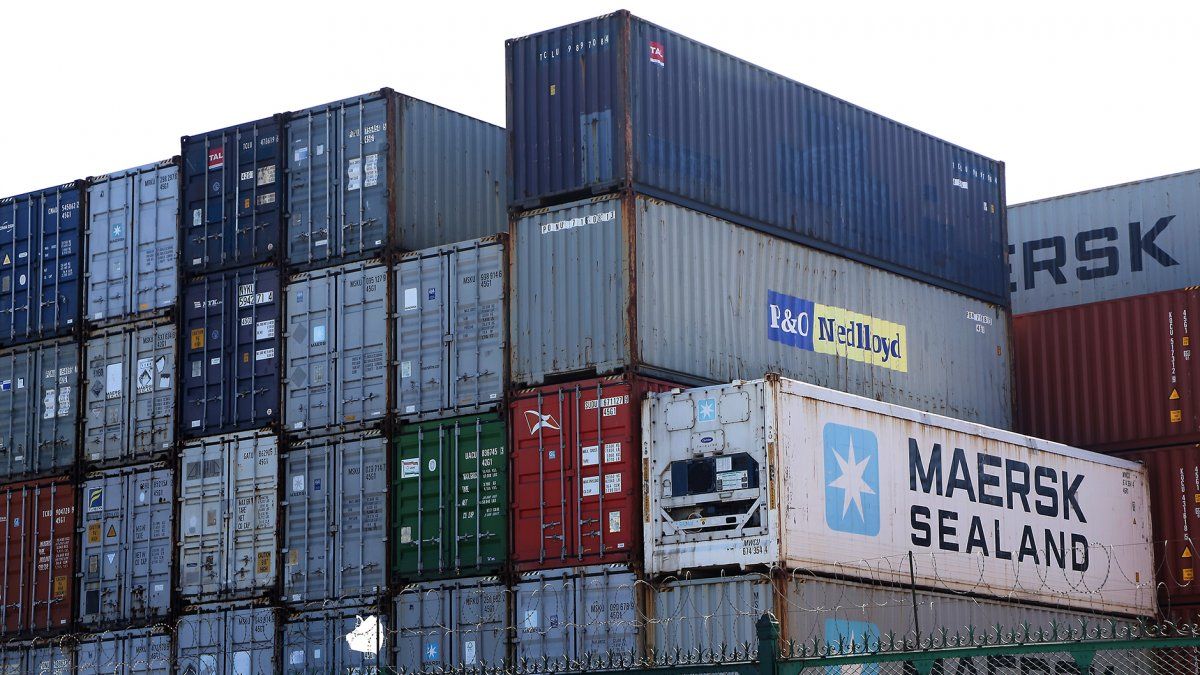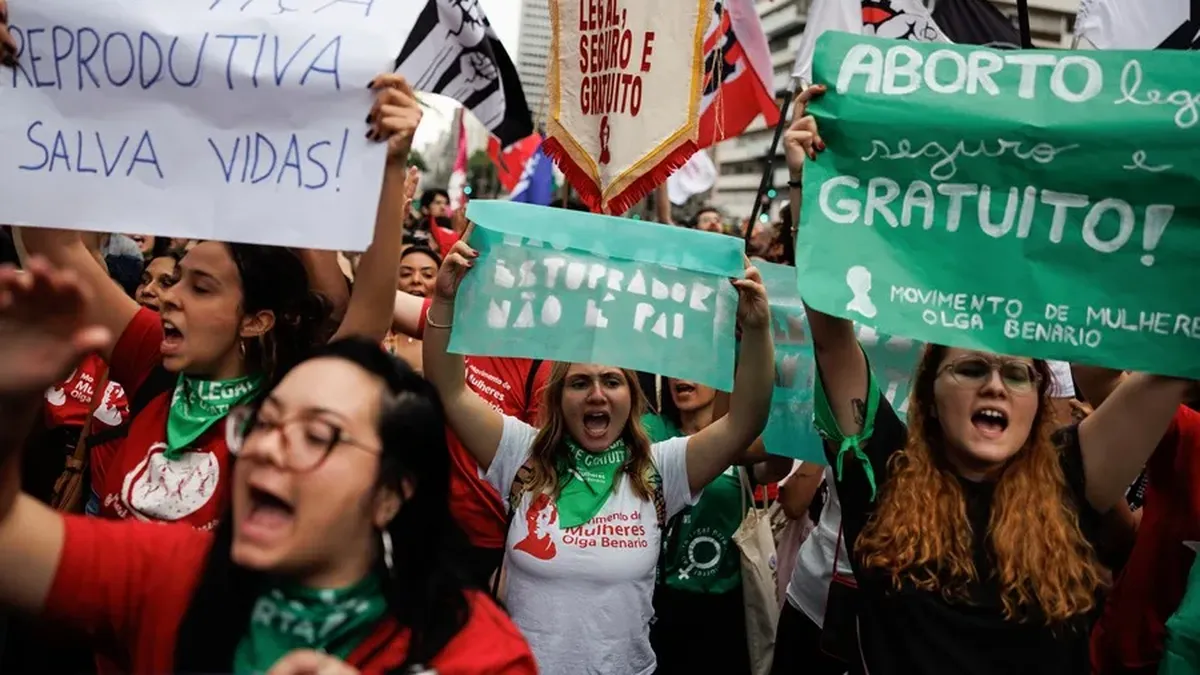“The opening of the market of the Republic of Serbia is the result of the public-private work carried out by those of us who make up the meat chain, from primary producers, through processors and the national State through our Service,” said the vice president of the Senasa, Rodolfo Acerbi.
The official added that “during his tour of different parts of our country, the Serbian delegation was able to see how Argentina works in meat production and the professionalism of Senasa agents when supervising the innocuousness of the elaborated products that they later certify for export”.
The audit of Serbia took place between August 27 and September 3 past, as reported.
During its course, four officials from the Veterinary Directorate of that country, led by the head of the health service, accompanied by Senasa agents, toured the Laboratory of the health agency located in the Buenos Aires town of Martínez and livestock and meat-packing establishments in the province of Buenos Aires. , in which verified animal health and safety and quality processes in the production and processing of Argentine meat products.
The successful inspection report of the Serbian health service also approved the authorization of 19 establishments proposed to export to this destination.
In addition, it was established pre-listing system for the qualification of future Argentine establishments interested in exporting to this destinationfor which they must have a European Union (EU) production circuit, and answer a brief questionnaire.
Likewise, the Serbian veterinary service report highlighted the valuable collaboration, professionalism and work carried out by Senasa officials during the audit, the result of which is the opening of this European market.
The announcement is part of the local concern about the drop in sales to China. that destiny is the main buyer of Argentine beef, with around 80% of total exports llocal, and in the last two months began to slow down its pace of imports. The reasons are varied, because they range from the lower purchasing needs that respond mainly to the recomposition of its own pig production, although its internal crisis is also added, the effects of its “Covid Zero” policy on consumption and the lower purchasing power generated by the devaluation of its currency. Logically, this affects the local economy, foreign exchange earnings and international prices.
Source: Ambito
David William is a talented author who has made a name for himself in the world of writing. He is a professional author who writes on a wide range of topics, from general interest to opinion news. David is currently working as a writer at 24 hours worlds where he brings his unique perspective and in-depth research to his articles, making them both informative and engaging.




